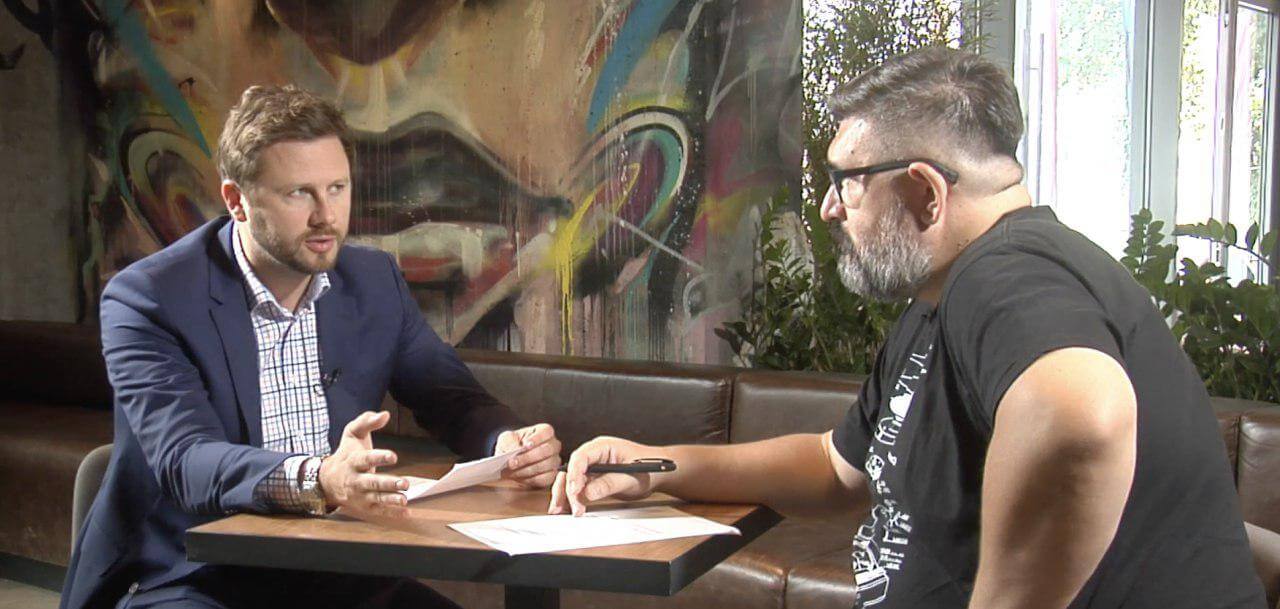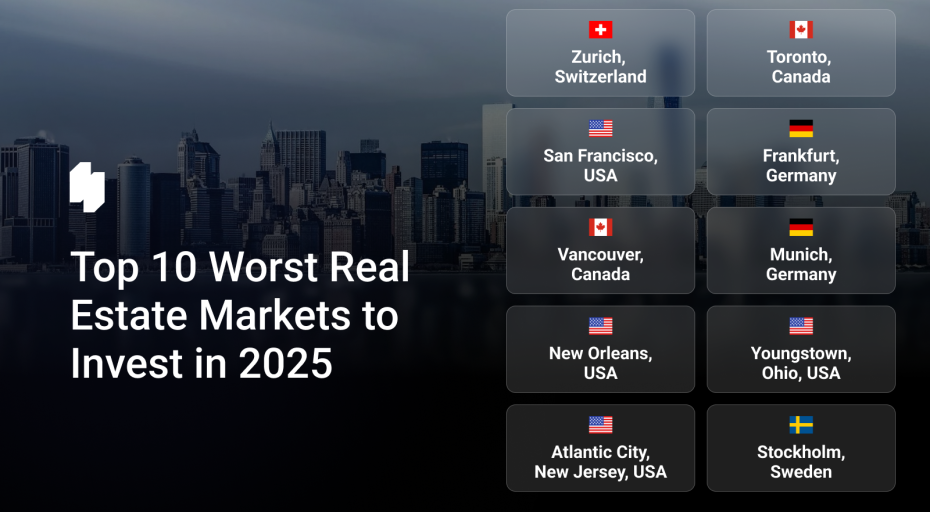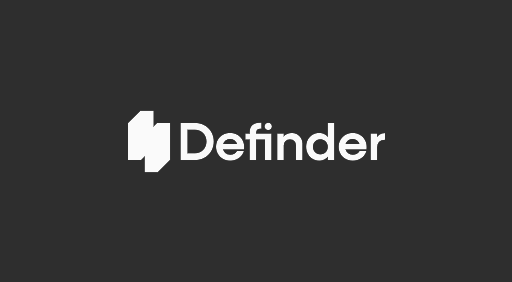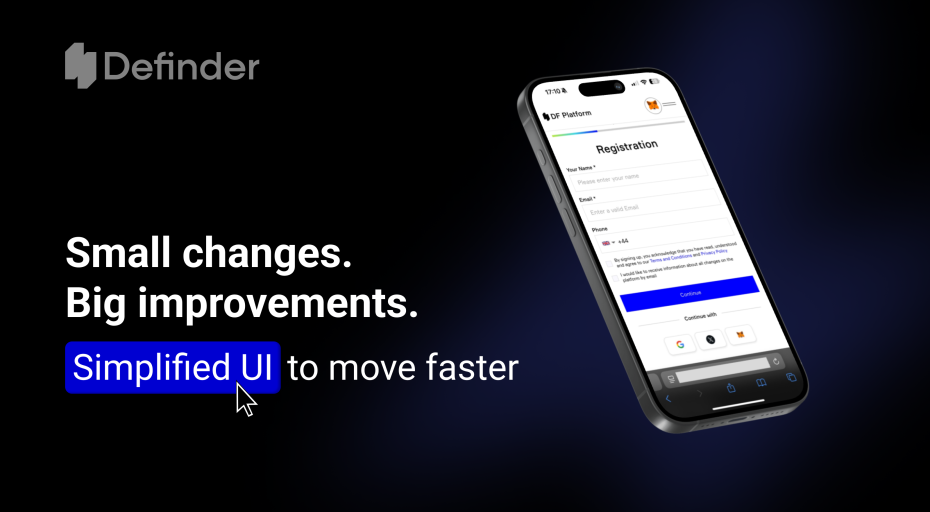Arnoldas Nauseda: 60 Days in Charge of Smartlands
We sat down with Arnoldas Nauseda a few weeks ago in July when he was taking over Smartlands as CEO. Today we get a chance to meet with him again
Hello and welcome, Arnoldas! Thank you so much for taking the time. The question goes very simple. What’s new? What’s been going on over the last couple of months?
Thank you, nice to see you again! We’ve been working on several different aspects of the business. Mainly, we set up a scalable corporate structure, which helped us lay the foundations to Smartlands in UK and Lithuania. From that point on, we’ve been working on perfecting it, setting up a marketing strategy, product and technology development, team building, business development, PR issues, and many other initiatives.
Most importantly, we were swamped the last several weeks building the legal framework for Smartlands. I’ve been going around 24/7, meeting top lawyers in the field, creating partnerships. Most notably, we now have CMS law firm on board, which is the third largest firm in the world, with the offices in seventy-five countries. They have massive experience in the crowdfunding space curating around thirty crowdfunding P2P projects, dozens of ICOs. They’re heavily involved with security tokens, other non-crypto projects as well. Their reputation as one of the most competent lawyers in the UK concerning fintech and blockchain space is indisputable, and now they’re helping us with licensing, onboarding, and other issues, it’s work is in progress. The plan is to achieve this set of goals in two months. We should have the appointed representative in place, finish the clear business plan and lay the foundation for the first tokenization project.
We’ve also been working on the human resources aspect of Smartlands. I have two senior managers on board already, contracts signed. Yesterday the VP of Marketing had started, she came from Ferratum Group, which is a multinational fintech company. She was responsible for eight countries – Australia, UK, Europe, the Baltics, clearly, she is a good asset for us, and we will make sure to utilize her experience to the fullest.
We’ve also onboarded the VP of Technology who before Smartlands was working with various San Francisco-based startups. He will start with us later in September. We are working on closing deals with the Chief of Product and VP of Product development. Still, we have several more vacancies to fill to strengthen our team. The team is everything, you know.
On the product development side, we’ve been perfecting our platform. We’ve onboarded a KYC provider who is now fully integrated with our platform. We have also reached the Stellar Validator status in full compliance with the road map. In short, we’re coming very close to the first tokenization project scheduled for later in 2018.
I want to underline the importance of having the actual projects to tokenize. Without projects there is no tokenization, so we’re meeting with assets managers, asset owners around the world. There is a hundred million pipeline there, an enormous quantity of assets to tokenize; we have a few asset managers lined up who have billion-dollar portfolios and have agreed to partner with Smartlands, which means, in turn, that our capacity will go to billions. And the progress there is clearly visible.
We’ve also been traveling around the world visiting various blockchain and security token events. The last one was the Fintech Week where we had a booth, met with many different stakeholders there, lots of fascinating folks. We were in Singapore recently, exploring business and fintech environment there, met outstanding businesses people who are eager to leverage Smartlands’ development as well.
Tokenization of assets is a major trend right now, but Smartlands is a relatively new company. We can see that issuance platforms like that are popping up pretty often all over the world. And the question that the community has is how do you plan on coping with this issue? Right now, it’s a trend, but pretty soon, in a few months, maybe years, it’s going to be a fierce competition, not to say bloodbath. So, what are the mechanisms for coping with that?

Well, I am not afraid of this competition, because I don’t think of it as competition. I think we are still in a nascent stage and the work on a brand-new business model for everyone, new markets, is work in constant progress. But we have a huge demand from investors and gargantuan size assets in the world that we can conditionally divide into agricultural, commercial, and residential. We have $200 trillion in assets, and we have debt that can be securitized and subsequently tokenized, which is another $200 trillion. That’s huge. In contrast, I think, if in two years $1 trillion in assets can be tokenized, it will make the day for all these people, all these players, the businesses who are working in the space.
Do you plan to keep a focus on a specific type of assets? Or you just going to do everything?
At the moment, we have an open focus, but we will work on better defining it over the coming six months-one year. We’re not there yet, but the preliminary estimate is that we’re going to concentrate on agricultural properties and products, which are about $30 trillion in assets around the world. So, if we create the right momentum, the right climate on the market, we could be the first and biggest agricultural property asset tokenization platform on the globe. We then, perhaps, would move to tokenize just purely agriculture, for which we already have asset managers standing by, ready to invest. Moving fast is key.
Another scenario is we keep our options open for six months or one year and work on shaping a different orientation. Our winning points are, we are the first stellar-based token sale, we are developing a world-class team, and we are building joint-ventures around the world. And a strategic advantage whose importance is impossible to overstate, we’re creating a global legal framework. So, as you can see, strategy-wise we’re pretty well-heeled, but it’s still in development.
Right, so, what are the plans for the rest of the year other than what you’ve just mentioned?
During the coming months we plan on continuing to build the pipeline of projects, negotiating with asset managers, creating conditions for them to come onboard. Right now, we’re talking about the capacity of a hundred million dollars in our pipeline, I think, with the right people and assets we can go to billions. The interest in what we’re offering is genuine and very specific; asset tokenization, as the new business model, the new mass-market driver provides premium liquidity for the widest variety of assets.
Is it safe to say that Smartlands is moving away entirely from utility tokens towards tokenization? Or you’re still keeping an eye on everything that goes on in that space – utility tokens? Or just security tokens all the way?
We keep an eye on the market. Maybe some utility tokens can be converted to security tokens because there is some sort of legal grey zone, in which the utility tokens are issued by all those ICOs that are happening as we speak. Some of them can be converted and moved to regulated jurisdictions. Consider: our token (SLT) is a utility “payment access” token, but we’re building a platform for security tokens. We’re kind of playing both sides but biased towards the securities; they’re more interesting, it’s the next trend.
That was going to be my next question because the trend is clear: the security token is the next best thing. Why is that? What’s so exciting about the security tokens as opposed to the utility, which is just, well, buying coins?
The security token is an evolution from physical ownership towards digital ownership, which means more effective, faster, instantaneous transfer of rights and value. Digitalization is happening in all industries and finance is in a well-defined lead clearly demonstrating that these digital securities are what the evolution of the legacy financial industry is. And all that is happening on the blockchain. A security token is backed by the asset, a specific asset – a business, a cash flow, a property of some sort. We tokenize equity bond backed by real asset behind it whereas a utility token can go to zero fast because it’s an invisible and unusable product: if nobody is using it, it’s worthless.




